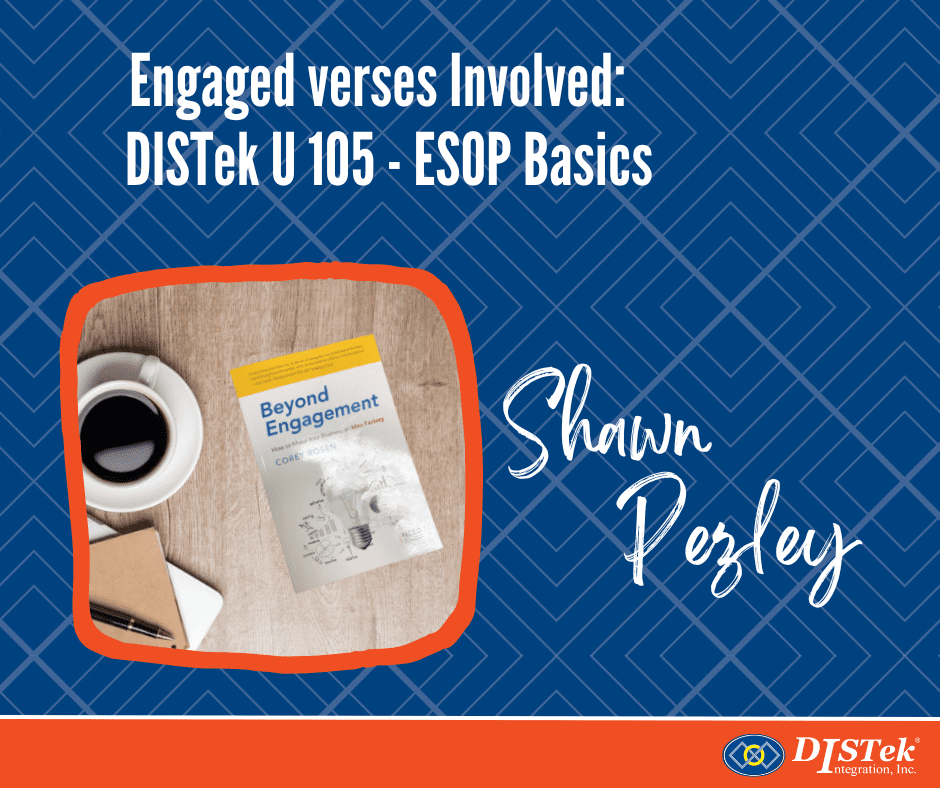Human Nature and Requirements Elicitation: Lessons Learned
Presented by DISTek at the 2017 Embedded Systems Conference
You would think that the easiest, least challenging, part of developing a software solution for a customer is to ask them, “What problem do you need solved?,” to which the customer would simply and clearly answer in one or two paragraphs. Yet, that is far from the case. Of the various phases that occur during the development life cycle of a software project, the phase with the greater opportunity for cognitive interference is the requirements phase. On November 8th, at the 2017 Embedded Systems Conference (ESC) being held in Minneapolis, DISTek will be presenting a technical session entitled: Human Nature and Requirements Elicitation: Lessons Learned. The talk will consist of some of the lessons that DISTek has learned about requirements elicitation and how they relate to the following seven cognitive tendencies behind human nature:
- We tend to think fast (hasty and intuitive) rather than think slow (systematically and deliberate). This tendency affects the way we ask questions and expect stakeholder answers.
- We tend to be optimistically biased, which causes us to overlook worst case scenarios. This affects the questions we ask stakeholders, pertaining to safety considerations.
- We let our perceived context resolve ambiguities, which hinders our ability to dig deeper and resolve the stakeholder’s intended meaning of an ambiguous statement.
- We tend to prefer informal rather than formal representations, which affects the degree to which we are willing to model requirements and gain the benefits modeling provides.
- We tend to assume we understand what the stakeholder wants, before all the information has been gathered, which can hinder us from asking further probing questions.
- We assume others are familiar with our tacit knowledge, thus we are too concise in the answers we give when explaining how something is supposed to operate.
- Engineers tend to focus on the solution, while stakeholders tend to focus on the problem. This can cause engineers to progress ahead too soon, before the problem is fully understood.
You are invited to come and explore these topics in greater detail at the 2017 Embedded Systems Conference (ESC). Hope to see you there.
TITLE: Human Nature and Requirements Elicitation: Lessons Learned
PRESENTER: Daniel Aceituna, PhD
EVENT: 2017 Embedded Systems Conference (ESC)
DATE: November 8th, 2017
TIME: 3:00 PM CST
WHERE: Minneapolis Convention Center, Minnesota


